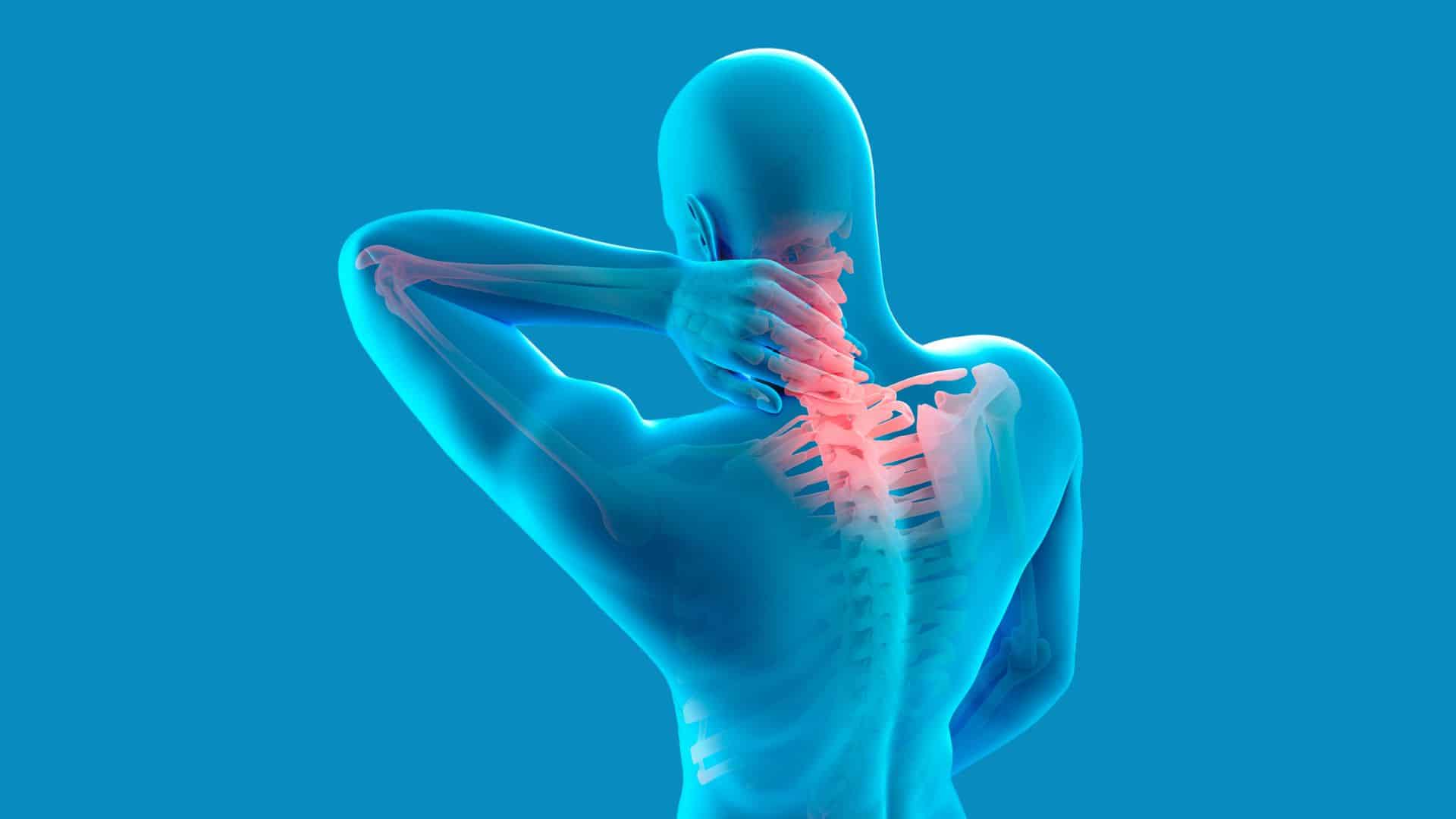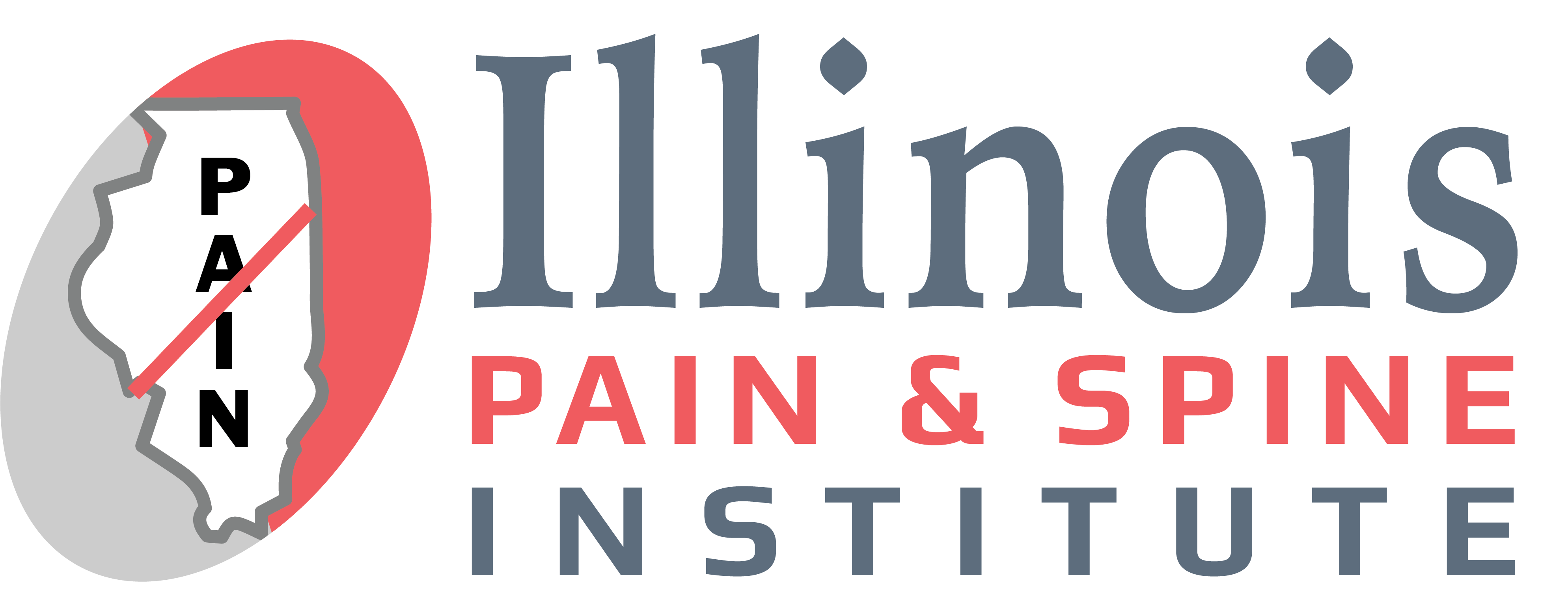
17 Oct The Difference Between Radiculopathy, Radiculitis, and Radicular
Do you experience pain, weakness, or numbness radiating from your spine to your arms or legs? If so, you may wonder what exactly is causing your symptoms.
Three conditions can cause these symptoms: radiculopathy, radiculitis, and radicular pain. A spinal disc herniation is the most common cause of radiculopathy when a disc presses on a nerve root. Some symptoms include pain, numbness, or weakness along the nerve path.
Read more: Can You Self-diagnose a Herniated Disc?
We will look at the difference between radiculopathy, radiculitis, and radicular pain so you can better understand your symptoms.
What Is Radiculopathy?
Radiculopathy is a medical condition affecting the nerves. It can cause pain, numbness, and tingling in the arms or legs. Radiculopathy may be caused by several things, including a herniated disc, spinal stenosis, or spondylolisthesis. While it can be painful, most people with radiculopathy can find relief through treatment.
Radiculitis is a related condition that is also caused by damage to the nerves. However, radiculitis is typically much more severe and causes inflammation in addition to the other symptoms of radiculopathy.
Some common symptoms include:
- Intense pain that is worse with movement
- Swelling and inflammation
- Numbness or tingling in the affected area
What Is Radiculitis?
Radiculitis is a condition that results when there is inflammation or irritation of one or more spinal nerve roots.
Nerve roots are the small nerves that exit the spine and travel to other body parts.
Radiculitis usually affects only a single nerve root and is most commonly caused by a herniated disc or spinal stenosis.
The inflammation can be caused by several different things, including compression, trauma, infection, or autoimmune conditions. Radiculitis is often accompanied by pain, tingling, numbness, and weakness in the affected area.
The most common symptoms of radiculitis are pain and tenderness in the neck, back, and extremities. You may also experience tingling sensations, numbness, burning sensations, weakness, or cramping in the affected area. Sometimes, you may feel like you have electric shocks down your arm or leg. Severe cases of radiculitis can cause muscle wasting and even paralysis.
What Is Radicular Pain?
Radicular pain or neuropathy is a type of nerve pain that occurs when the nerve root is compressed or irritated. The common cause of radicular pain is a herniated disc. Radicular pain can also be caused by spinal stenosis, spondylolisthesis, and degenerative disc disease.
Spinal stenosis is a medical condition that causes spinal canal narrowing. This will put pressure on the nerves and cause radicular pain. Spondylolisthesis is a condition that occurs when one vertebra slips forward over the vertebra below it. This can also compress the nerves and cause radicular pain. Degenerative disc disease is a condition that causes the discs to degenerate or break down. This can lead to herniated discs forming, which can compress the nerves and cause radicular pain.
Some ways to treat radicular pain include:
- Physical therapy
- Massage therapy
- Chiropractic care
- Acupuncture
- Exercise
- Surgery (in severe cases)
Contact Illinois Pain and Spine Institute for the best-herniated disc treatment in Chicago. Our trained pain management specialists will develop a personalized treatment plan to help you find relief. Our pain management specialists have experience treating various conditions, including radiculopathy, radiculitis, and radicular pain.

